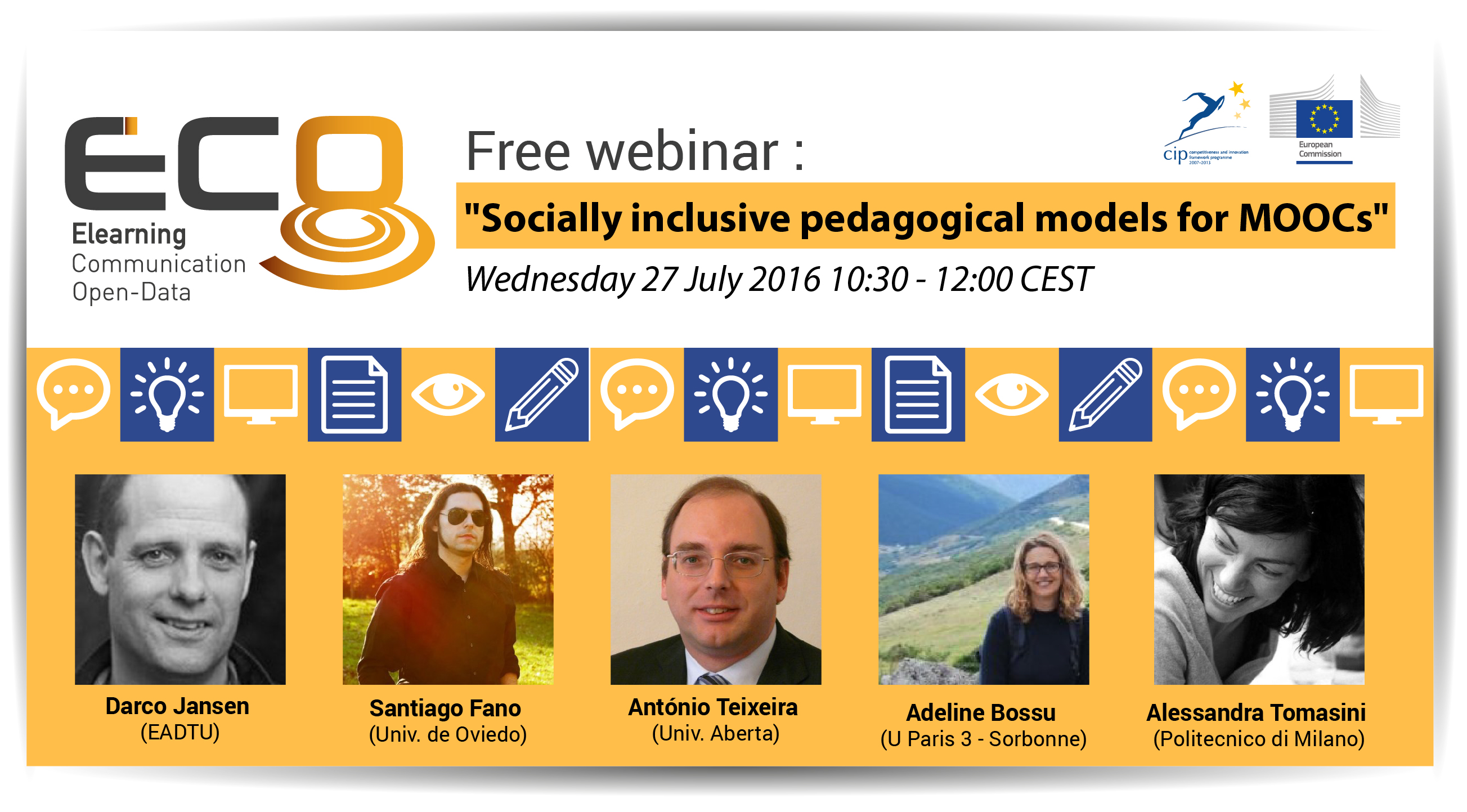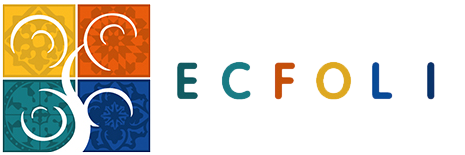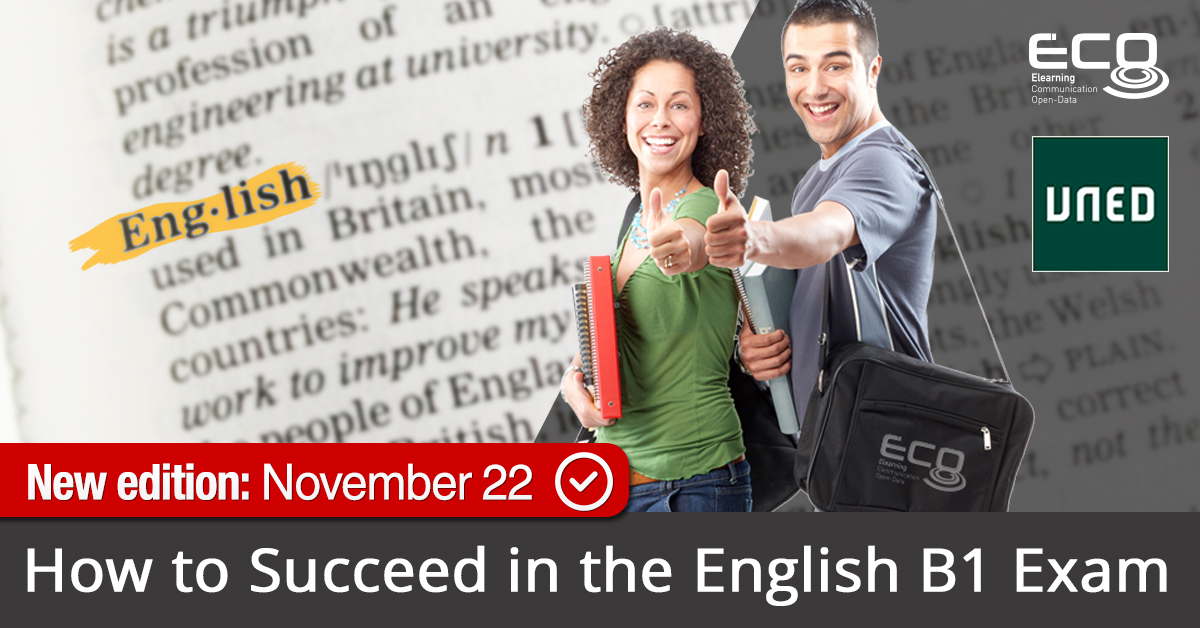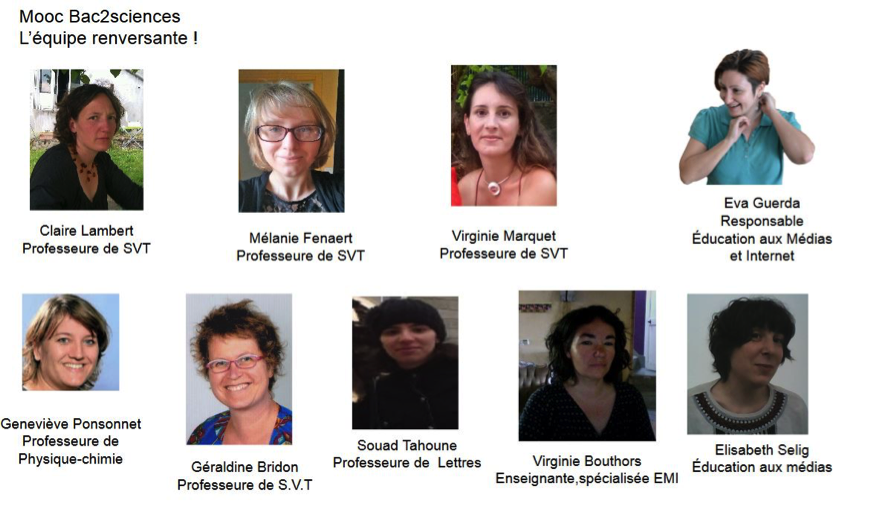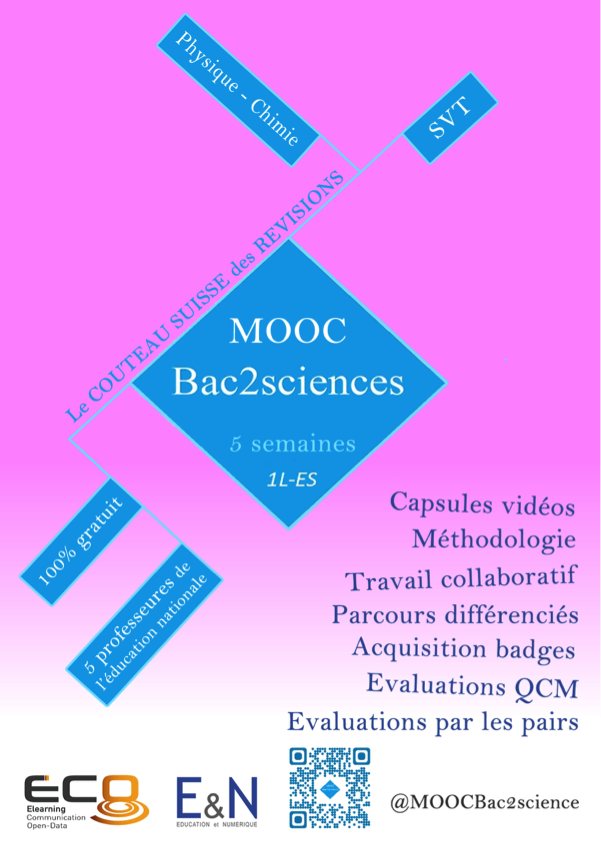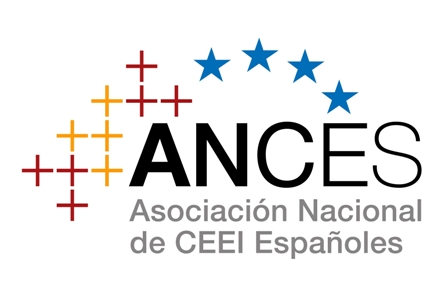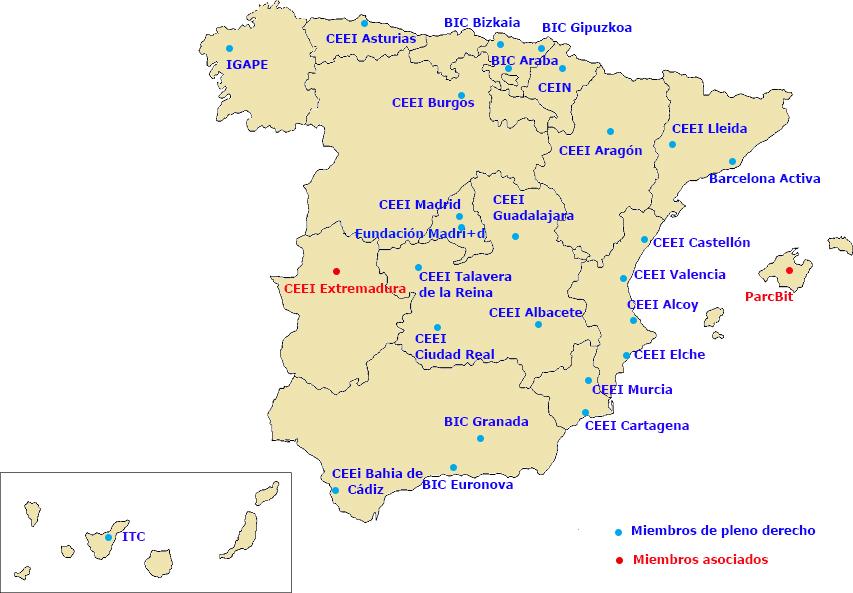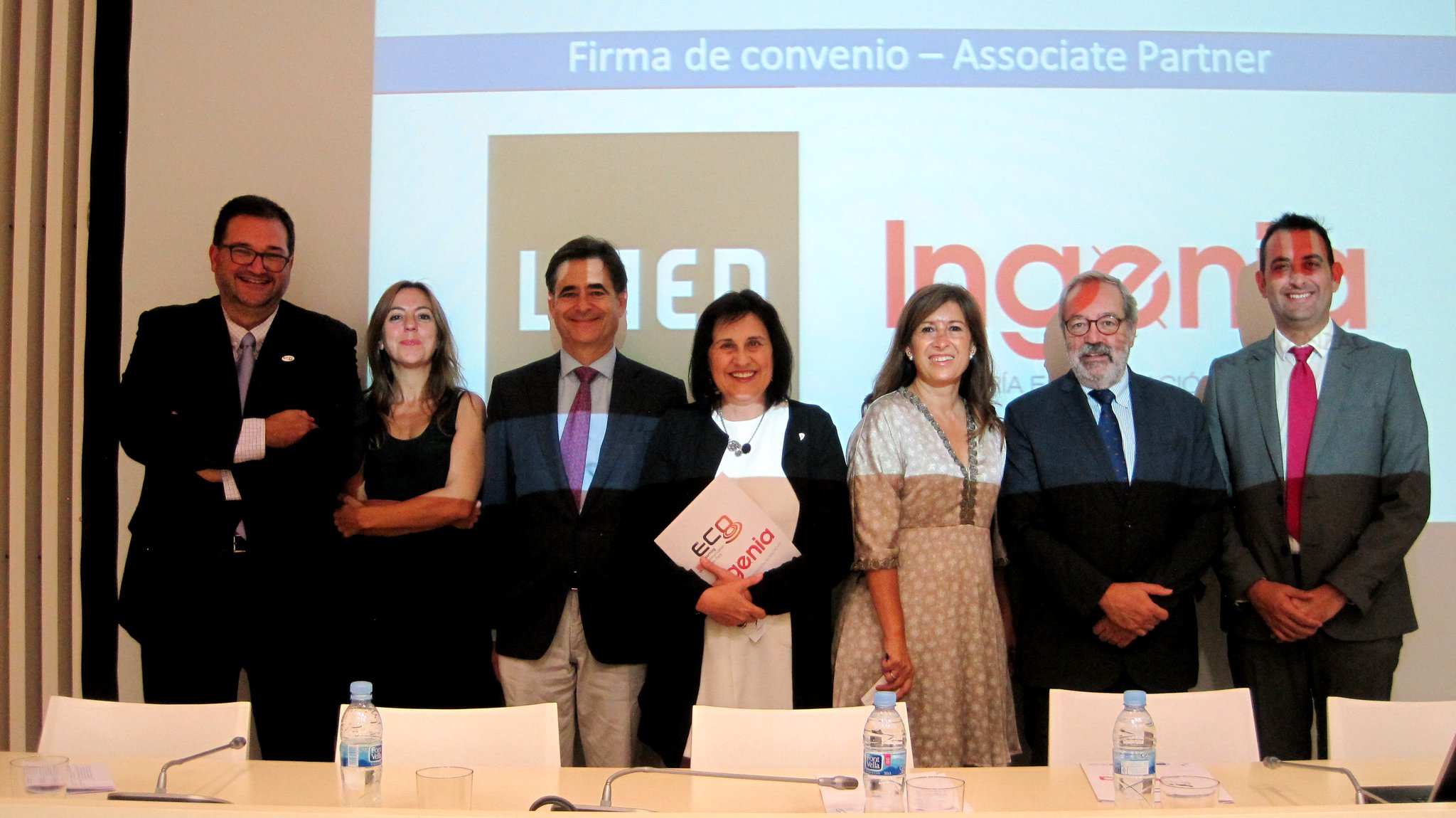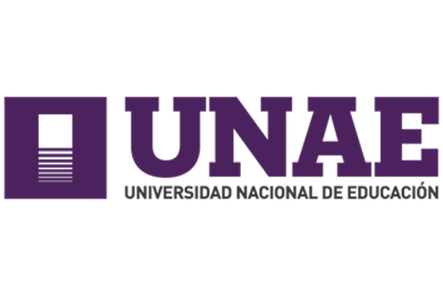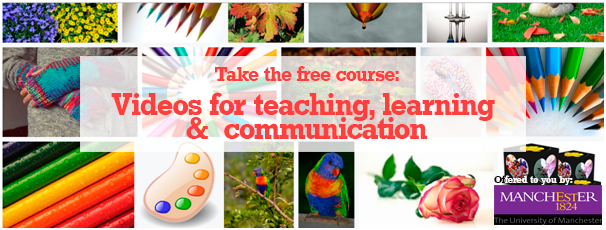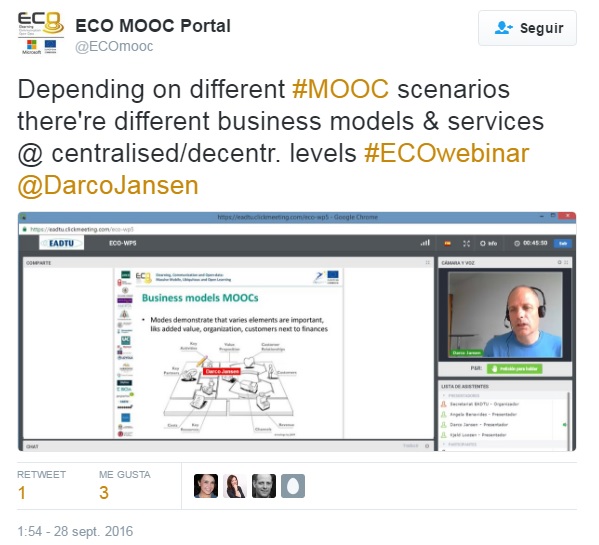We are happy to announce the second ECO webinar in our series: “Socially inclusive pedagogical models for MOOCs“. Organized by our partner EADTU (European Association of Distance Teaching Universities), this 90-minute webinar will take place next Wednesday, 27th of July, at 10:30 (CEST). Teachers from different university partners of ECO Consortium will elaborate on the need of an adjusted pedagogical model for MOOCs such as to achieve the aim to use MOOC to provide quality education to all.
Below the agenda of the webinar:
- Darco Jansen (EADTU): Introduction + Using MOOCs for social Inclusion and equity (10:30 – 10:45)
- Santiago Fano (Universidad de Oviedo): Challenges and MOOC strategies in the ECO project (10:45 – 11:00)
- António Teixeira (Universidade Aberta): Basic principles and design guidelines of sMOOC pedagogical model (11:00 – 11:15)
- Adeline Bossu (Université Paris 3 Sorbonne): Implementation in Step-to-Step MOOC in 6 different languages (11:15 – 11:30)
- Alessandra Tomasini (Politecnico di Milano): Implementation sMOOC model in Polimi (11:30 – 11:45)
- General discussion (11:45 – 12:00)
In order to join us on Wednesday, just click on this link: https://eadtu.clickmeeting.com/eco-wp5 and provide your name and email to access the webinar. When using Clickmeeting app for smartphones or tablets you need to provide the following Room-ID 389-241-428 (and for some apps also Participant PIN 967889#). Note that the webinar will be recorded.
